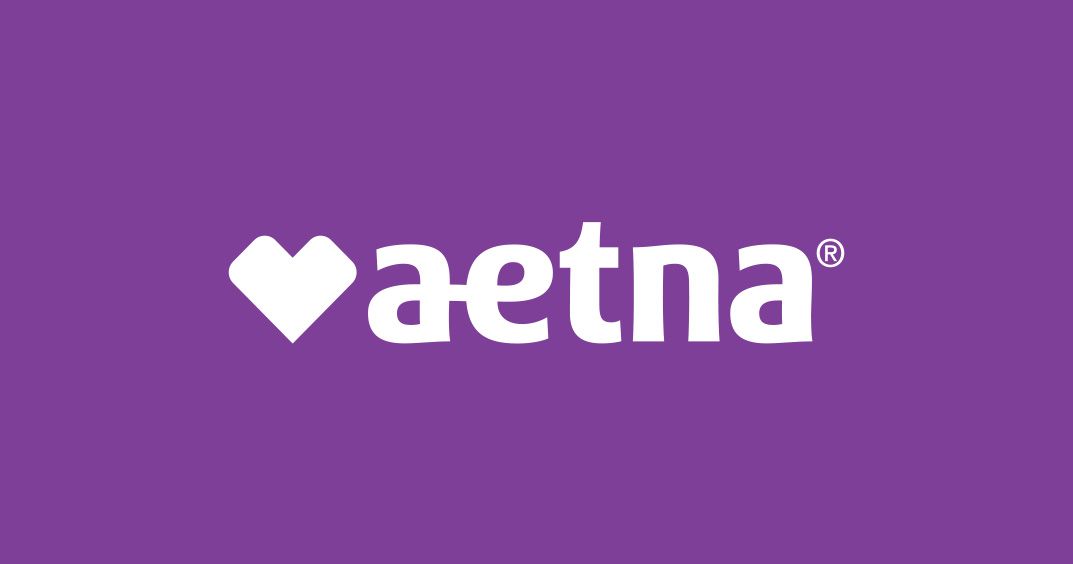How to use Medicare to stay financially healthy

Health care costs can add up quickly. When choosing a health plan, make sure the benefits fit your health needs, your lifestyle and your budget.
Medicare will help pay for care in and out of the hospital. And, depending on the type of coverage you have, maybe some other services as well. But no plan covers everything. Even on Medicare, smaller unexpected costs can add up quickly.
You should also think about the factors that go into your overall picture of health. For instance, your doctors, expanded care, medications, lifestyle and finances. Let’s take a closer look at what you need to consider.
Your doctors
Your doctors are an important part of your health care team. Having a good relationship with them can do wonders for your health. If you’re happy with yours, you’ll want to make sure you can still see them after you get Medicare coverage. This is really important if you have any ongoing or chronic health issues that require frequent checkups during the year.
- You’ll want to avoid paying higher out-of-pocket costs or changing doctors. So make sure your health care providers accept your insurance.
Your expanded care
In addition to ensuring your doctors accept your insurance, Jones recommends asking yourself whether the plans you’re considering cover the care you might need. If you prefer alternative care, such as acupuncture, massage therapy or chiropractic care, check if the plan covers it. In most cases, Traditional Medicare doesn’t cover holistic care. But MA plans may cover certain treatments, therapies and medicines.
Your medications
Prescription drugs can help keep you healthy. But they can also be costly, especially if you have ongoing health issues. On average, a person covered by Traditional Medicare who has one or two chronic conditions spent $416 per year on prescription drugs. Those with five or more chronic conditions spent $1,065 per year, according to the Kaiser Family Foundation.
Prescription drug coverage helps keep costs in check. There are two ways to get coverage. You can purchase a stand-alone Medicare Prescription Drug Plan (PDP), also known as a Part D plan, which you can combine with Traditional Medicare. Or you can get prescription drug coverage as part of a Medicare Advantage plan, which would replace Traditional Medicare.
*Note: The Medicare Part D and prescription drug information above is educational only. Check your benefit documents for details about what is specifically covered under your plan.
Your lifestyle and finances
Your doctors and your medicines may impact your health care expenses. But so can your lifestyle. Consider your past history of health care. Is there a family history of health issues you need to keep in mind?
At the same time, it’s helpful to think about how you envision your retirement. Then you can find a plan with the right benefits for you. Do you plan on being physically active? Will you spend half of the year traveling or living in another part of the country?
Finally, if you’re about to retire, ask yourself what your income level will be after retirement. “That’s a very important question,” says Jeremy Bridges, an Aetna Medicare broker manager in the MidSouth market. “Now you’re limiting what your income potential may be and you need to mitigate the costs that may come up at a later date, if there’s an emergency.”
Consider your Medicare options closely, especially if you are just nearing retirement. You can choose a plan that can cover the care you need and prevent surprise bills. In other words, a plan that will help keep you physically and financially healthy.
About the author
Bonnie Vengrow is a journalist based in NYC who has written for Parents, Prevention, Rodale’s Organic Life, Good Housekeeping and others. She’s never met a hiking trail she doesn’t like and is currently working on perfecting her headstand in yoga class.